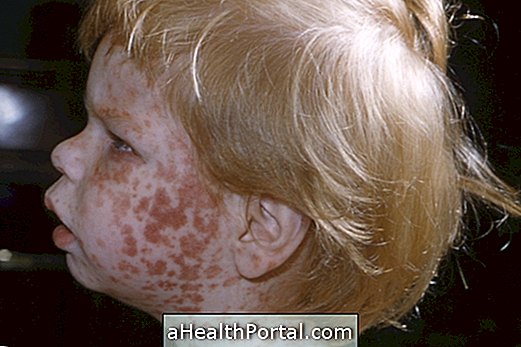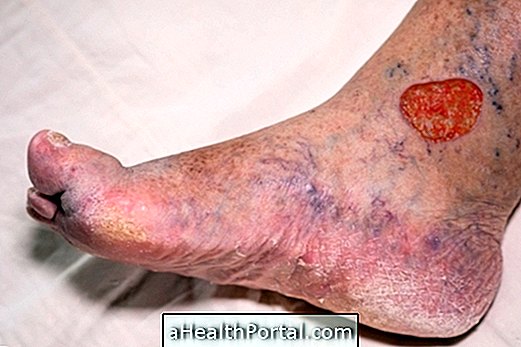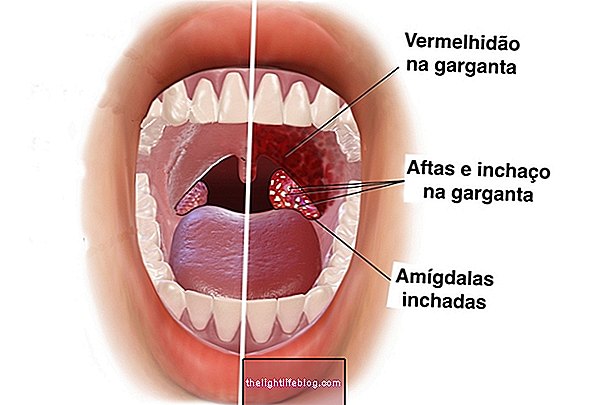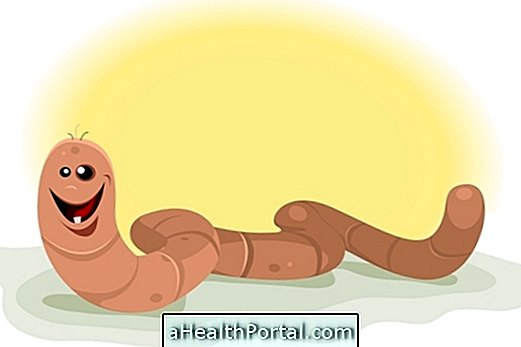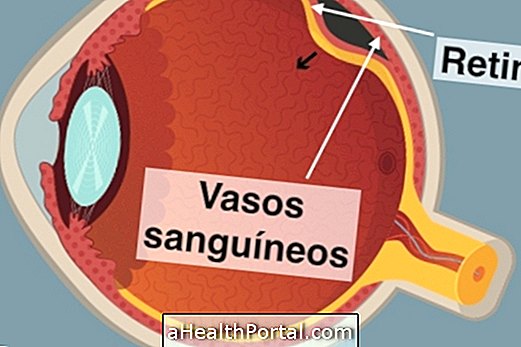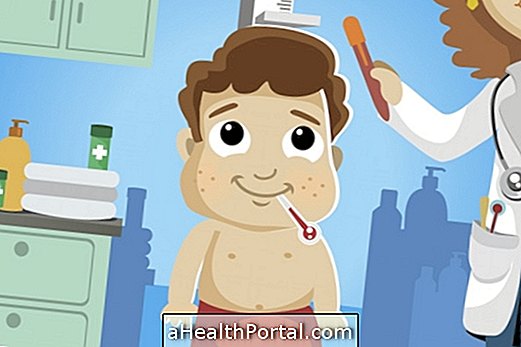Meningitis can cause sequelae that affect both the physical, intellectual and psychological capacity of patients, with a lack of balance, memory loss and vision problems.
In general, bacterial meningitis causes sequelae more often and severely than viral meningitis, but the two forms of the disease can bring complications and affect people's quality of life, especially in children.

The most common sequelae caused by this disease are:
- Loss of hearing and partial or total vision;
- Epilepsy;
- Problems of memory and concentration;
- Difficulty learning in both children and adults;
- Delay in motor development, with difficulty walking and balancing;
- Paralysis on one side of the body or both;
- Amputation of limbs, when necessary to stop the spread of the disease to the rest of the body;
- Arthritis and bone problems;
- Kidney problems;
- Difficulty sleeping;
- Urinary incontinence.
Patients who heal from meningitis may not have sequelae, only have mild sequelae or serious problems, and may require special care for life.

How to deal with sequelae
Care after healing of meningitis is done according to the sequelae that the disease left, and it may be necessary to use hearing aids to improve sound pickup and listening, prostheses to replace limbs that have been amputated, and physical therapy to improve balance and movement.
In addition, medication use may be necessary to control problems such as arthritis, convulsions, and restlessness, and psychotherapy counseling helps to deal with and accept the consequences of the illness by working with both the affected patient and family and caregivers.
How to avoid sequelae
There are ways to minimize sequelae or even prevent the disease from developing through the use of vaccination, for example.
There are already vaccines against certain types of meningococcal meningitis types A, C, W135 and Y that can prevent the onset of the disease. In addition, avoid crowded places, keep the rooms ventilated, and properly sanitize houses and public places. See how transmitting meningitis occurs and how to protect yourself.
If the disease is detected and treated early on, the chances of sequelae decreases.




